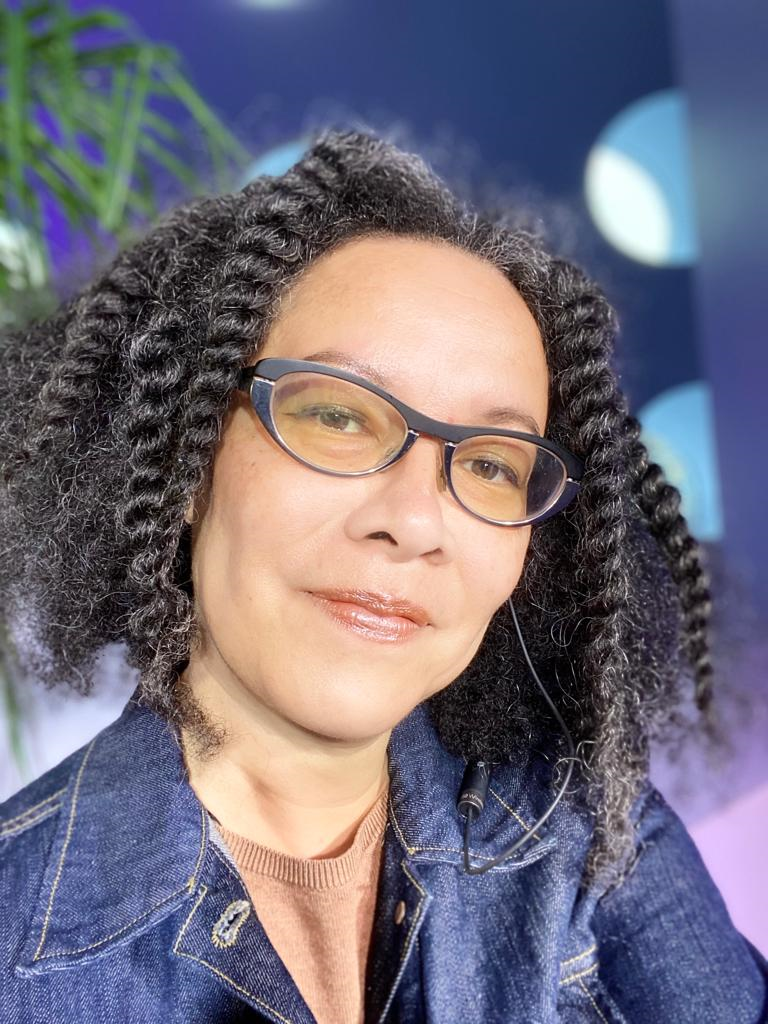When Jouwe and her co-authors published their book in June 2021, the outcomes surprised many. ‘Since Utrecht is not a city by the sea, people thought it was never much involved in slavery. That is really not the case.’ The research was mainly received very willingly, which was not without its backlash. This February, the mayor of Utrecht, Sharon Dijksma, issued a public apology for the role that Utrecht had in slavery.
A jewel in the crown of Jouwe’s work, one would think. Yet she doesn’t see it like that. ‘Although it’s nice that the book is garnering so much attention right now, this wasn’t the real purpose.’ The current attention for the subject was almost non-existent ten years ago, when she became curator for an arts project about slavery. ‘Nobody in the cultural sector of Utrecht was concerned with it. A colleague of mine checked with a museum in Utrecht whether their collection included any works related to the theme, but they responded that there were no paintings with slave ships or chains in their collection.’
